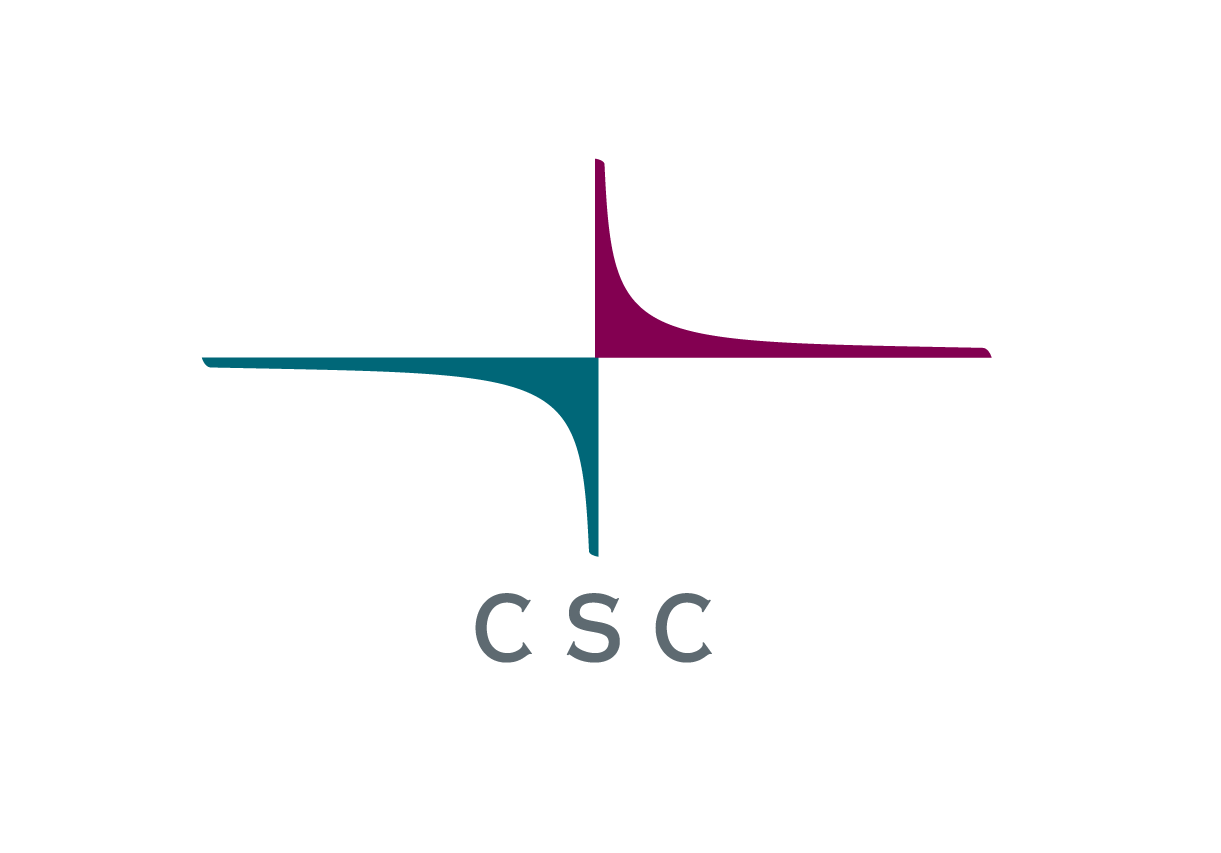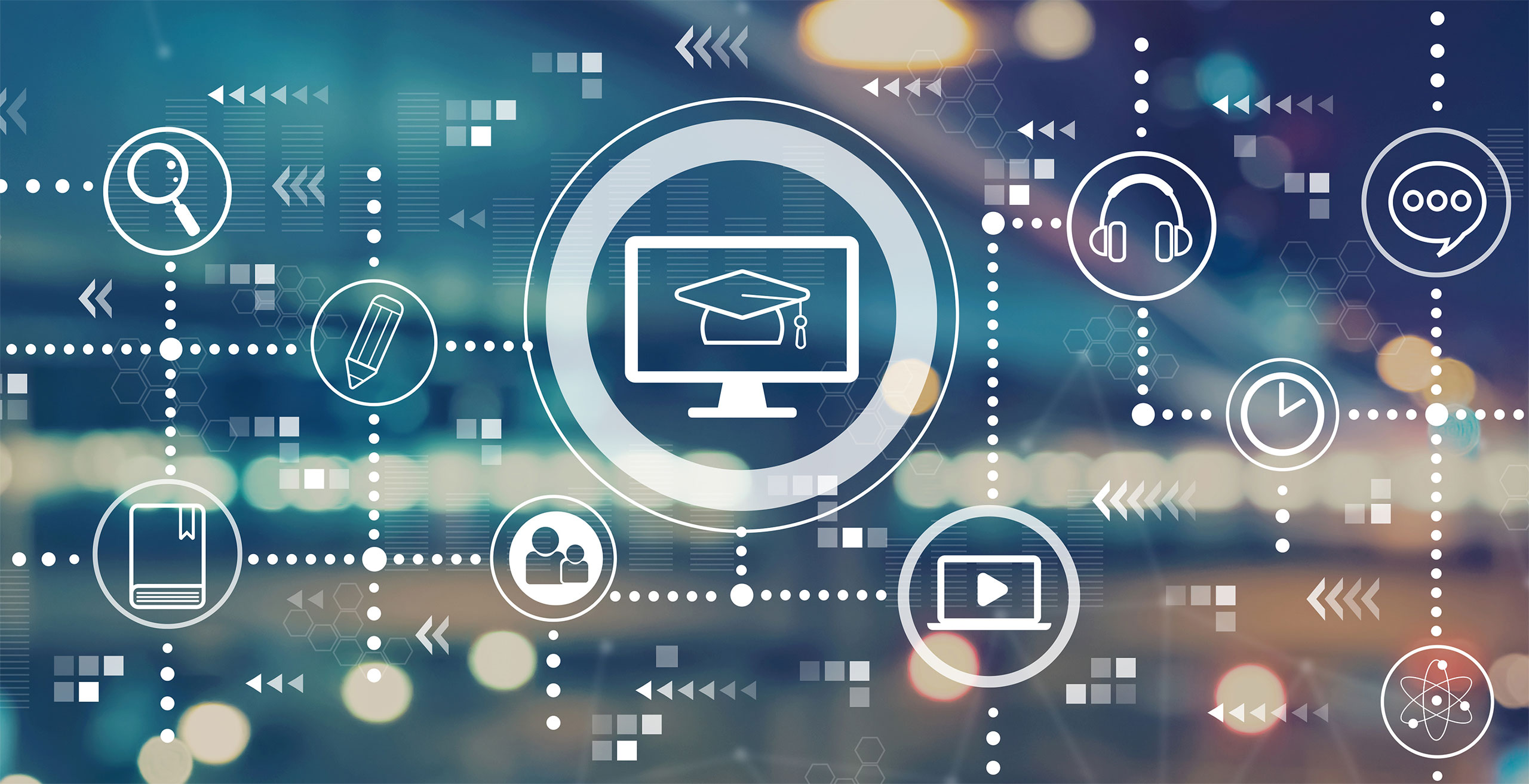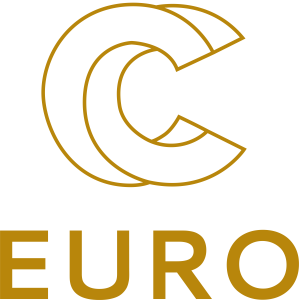This course gives advanced practical tips on how to run GROMACS MD simulations efficiently on modern hardware including both CPUs and GPUs. In addition to speeding up MD simulations, also workflow automation, advanced sampling techniques and future developments are discussed. CSC's Puhti supercomputer will be used for the hands-on exercises.
The course consists of lectures and hands-on exercises. GROMACS will be used in the exercise sessions.
The event is organized in collaboration with BioExcel, CSC, ENCCS and supported by EuroCC.
Learning outcome
After the course the participants should have the skills and knowledge needed to 1) efficiently use CPU and GPU resources in GROMACS simulations 2) apply workflows and python API for GROMAC simulations and 3) run QM/MM simulations.
Prerequisites
The participants are required to be familiar with MD, have working knowledge of GROMACS, and basics of BioBB, also basic Python and Linux/Unix skills are required. The fundamentals of MD or basic usage of GROMACS are not covered on this course. Please consult the following materials, if you're uncertain of your Python, Linux or GROMACS or BioBB skills:
-
Lectures on the basis of molecular dynamics simulation (videolinks: part I, part II)
-
MD with GROMACS tutorials (link)
-
A basic Python introduction (link, available also via CSC Notebooks), in addition to the very basics, knowing functions, decorators and 'with' context manager will be useful.
-
A short guide to Jupyter Notebook (pdf)
- Linux commands, bash shell, a quiz and a link to intro course (link)
- BioBB introductory videos (link), installation tutorials (link) and demonstration workflows (link)
Agenda (NOTE: times are CET)
There will be 10 minute breaks in the morning and afternoon sessions.
The workshop HackMD page containing links to slides, tutorials and 72 Q&As.
Day 1, Monday 7 February
-
9:00 – 9:10 Introduction, organization (Atte)
- 9:10 – 9:20 Describe your challenge (you)
-
9:20 – 9:50 Overview on enhanced sampling methods (Berk)
- 10:00 – 11:00 Accelerated weight histogram method (AWH) (Berk)
-
11:00 – 12:00 Lunch Break
-
12:00 – 12:50 AWH hands-on tutorial (Alessandra)
-
13:00 – 14:00 QM/MM and enhanced sampling methods tutorial (Dmitry)
Day 2, Tuesday 8 February
-
9:00 – 9:10 Quick summary of homework exercise(s)
-
9:10 – 9:50 Gromacs and workflows - BioBB (Adam)
-
10:00 – 11:00 Workflows continued (Adam)
- 11:00 – 12:00 Lunch Break
- 12:00 – 12:50 GMXAPI, intro and hands-on (Eric)
- 13:00 – 14:00 GMXAPI continued (Eric)
Day 3, Wednesday 9 February
-
9:00 – 9:10 Quick summary of homework exercise(s)
- 9:10 – 9:50 Performance considerations, CPU + GPU (Artem)
- 10:00 – 11:00 Efficient use of GPU hands-on (Artem)
-
11:00 – 12:00 Lunch Break
-
12:00 – 12:50 What's new in 2022 and coming (Artem)
-
13:00 – 14:00 Q&A on challenges, tutorials, HackMD open issues
Lecturers:
- Dr. Alessandra Villa, PDC Center for High Performance Computing, KTH Royal Institute of Technology
- Dr. Berk Hess, Theoretical and Computational Biophysics, KTH Royal Institute of Technology
- Dr. Adam Hospital, Molecular Modelling and Bioinformatics, Institute of Research in Biomedicine, Barcelona
- Dr. Eric Irrgang, Department of Molecular Physiology and Biological Physics, University of Virginia, Charlottesville
- Dr. Dmitry Morozov, Department of Chemistry, University of Jyväskylä
- Dr. Artem Zhmurov, The EuroCC National Competence Center Sweden (ENCCS), Stockholm
REGISTRATION is OBLIGATORY There are limited places and the details to access the online course will be provided to the registered and accepted attendees only. Please use your institutional email address at registration. If you have registered to this course and you are not able to attend, please CANCEL your registration in advance.
The workshop is heavily overbooked and we closed also signing to the waiting list.


